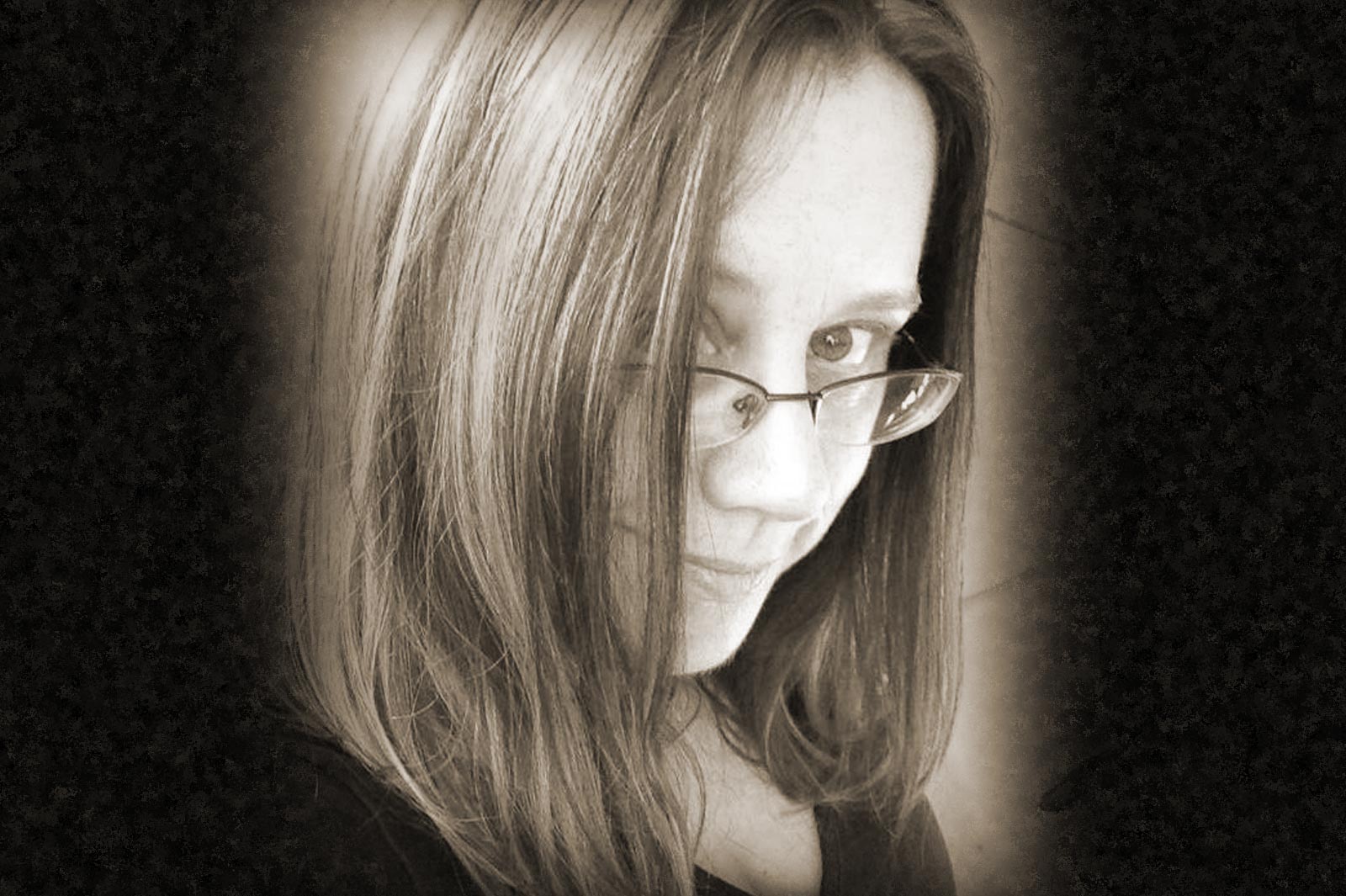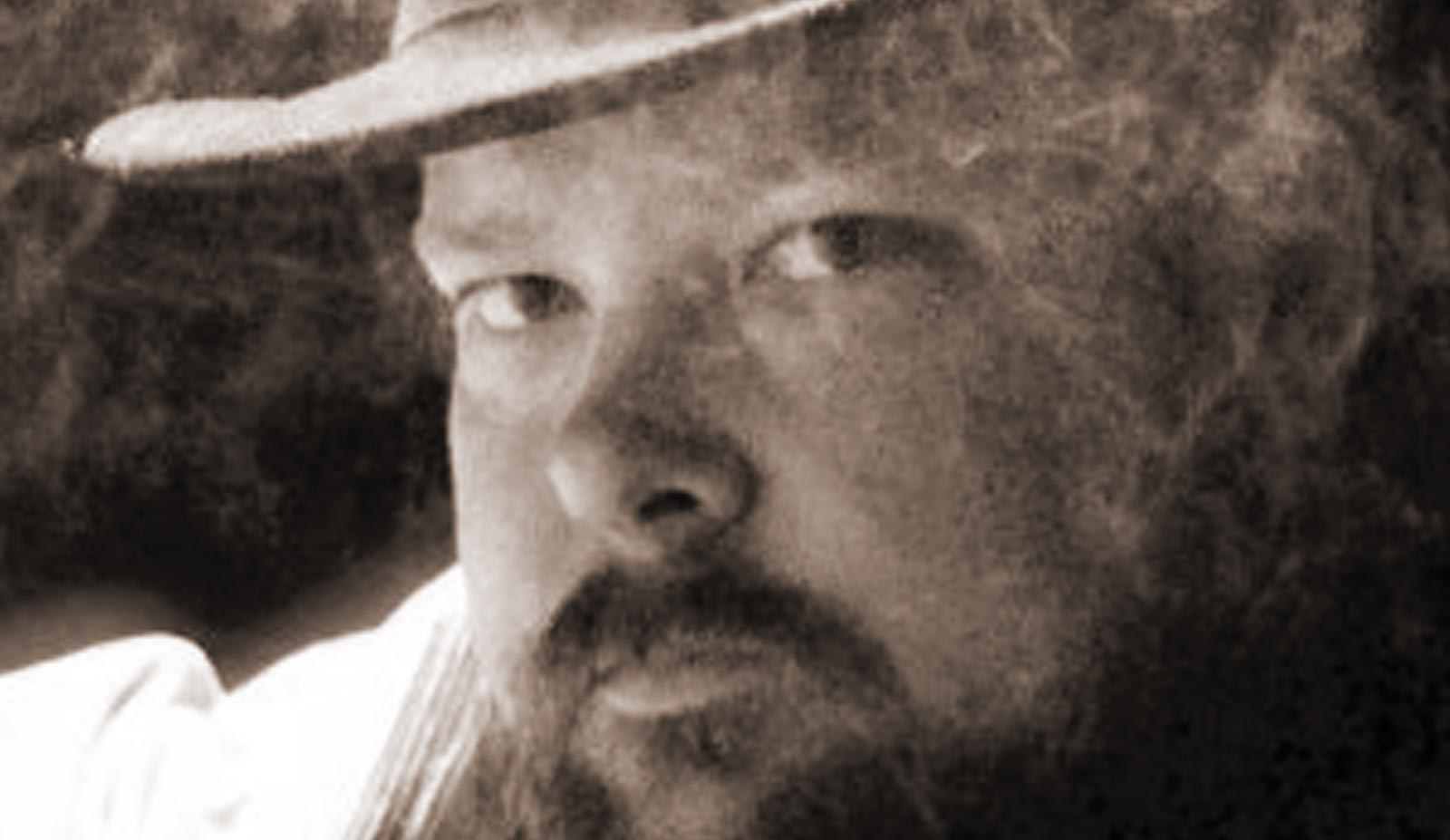
“There is no one better equipped to build rich authentic characters than someone who has actually “lived” (for a few hours) as someone else.”
The best characters in our stories are living breathing people. They are unique individuals that speak and act authentically as the tale unfolds around and through them. You can’t learn how to write characters like that from a book… it takes years of practice and study to write honest characters.
Or you can become an actor… because we totally have it going on in the “character” department. Seriously, there is no one better equipped to build rich authentic characters than someone who has actually “lived” (for a few hours) as someone else. In order to appear authentic on stage, an actor has to be able to respond to cues and events AS THEIR CHARACTER. If they don’t, the performance is flat and uninteresting.
Writers are striving for that same authenticity… and suffer the same consequences if they fall short of the mark.
So how do actors do it?
Research
The best actors (in my experience) conduct exhaustive research into the text of the script to understand every nuance of the character they’re going to portray. There may be additional research into time periods and places (if relevant). Then they start asking questions, delving into motivations, trying to nail down exactly why the character uses the words they do in each given situation.
Writers actually have less to work with because they’re CREATING the script, but the same principals apply. In any given scene – in a play or a book – you have characters with conflicting objectives. That friction is the mojo of the scene and how it plays out is completely dependent on the characters involved. Are they aggressive, sly, meek, stubborn… all these qualities are determined by doing some backstory/research on the character (checkout this Character Development post for a useful Character Backstory worksheet).
Madness
Research is only the start and here is where the actor has one up on the writer. The next step is for the actor to then BELIEVE the results of that research in their heart, taking on the “truth” of that character while they’re on stage. This is exhaustive and takes weeks of rehearsal as the actor works scenes with other cast members, trying not just to UNDERSTAND the emotions and the words used to express them, but to actually FEEL those emotions as much as possible.
Sounds insane, doesn’t it? Welcome to Life in the Theater. Actors strive to respond to lines delivered by their fellow actors as though it’s the very first time they heard it. And respond from the heart AS THEIR CHARACTER, not as they think their character would respond (a vital distinction).
That authenticity of interaction is what writers seek to capture in their character dialog and development. And how does the successful writer pull it off? The same way the actor does…
Listen
The true measure of an actor is not when he’s speaking, but when he’s saying nothing at all. When on stage, the actor is actively, strenuously, vigorously listening to what’s being offered up by the rest of the cast. It’s an organic ensemble where the energy from one actor is received and transmuted by another to be re-invested into the scene with the next line.
Everyone is listening openly, receiving input and processing it as their character, allowing the character’s emotional configuration and ancestry define their next move. The best actors have no idea what will happen next.
Writers can employ this same technique, but it’s not something that comes naturally. Preconceptions and our own personal archetypes can get in the way of spontaneity and honesty in the writing process.
But the next time you’re out and about – in a coffee shop or restaurant or an airport (the best) – stop and really pay attention to the interactions going on around you. Watch and listen to words and body language and how it ultimately defines the person using them. Watch without judgment or preconception and explore how what we DO articulates who we ARE.
THEN come up with a back story for the people you’ve been watching. Base it as exclusively as possible on what you’ve seen and heard during your observation.
Or… Just Become an Actor
If you have even the slightest dramatic impulse (and you must to want to be a writer) then you might really enjoy an acting class. Check your local community college or civic organization, even the local library… you should be able to find something in your area that’ll let you at least sample the delights of performing.
If not, then why not try a little improvisational theater in your living room? Find a friend (or two) and set up the scene with them. Describe the characters, what has gone on before, what each character wants and then just start play-acting the scene. It’ll feel a little weird and stilted if you haven’t done it before, but if you stick it out and really commit to the character, I can guarantee something will pop up you hadn’t considered before.
Actors and Writers Want the Same Thing
A lot of people think the performances they see on stage are “fake”, a shallow pantomime of life. Speaking from the other side of the proscenium arch (look it up), I can tell you that a lot us are striving to recreate truth up there.
Which is precisely what writers are trying to do with their stories. Writers and actors have a lot in common… so exploring the skills of our counterparts is an investment in our craft and the creations we shape with it.
What do YOU do to ensure your characters have depth and authenticity?






I definitely find myself watching more dramas and documentaries than I have before. It’s hard trying to figure out how people spoke in the 1920s, too often my conversations sound jilted or there are modernisms inserted where I don’t mean them to be. Listening to documentaries helps me with the sensory perception of things, but the dramas and (believe it or not) audiobooks from or about that period help me with everything else.
I never thought about acting out a scene before, though. Might just have to try it.
Thanks for the post!
Thanks, R.J.! Glad I could offer some new perspectives.
Gail Carriger (http://www.roundtablepodcast.com/2012/03/20-minutes-with-gail-carriger/) spoke of “getting into the voice” for her writing by watching BBC costume dramas and I can totally get behind that. What you’re describing IS a kind of acting prep… altering your perceptions so the rhythm and cadence of the dialect you’re writing is hard-wired in and flows naturally for you.
Actors just take it to the next level and integrate emotional and experiential background so that becomes second-nature as well.
Great article! I certainly agree, but I – like you – might be a bit biased on the subject. In the more workaday activity of writing, I find that being able to act out bits of dialogue is a very useful tool for keeping conversations realistic.
Exactly. And I’m amazed at how many writers have theatrical backgrounds! This may bear additional research…
Is it possible that stories written by actors tend to more dialogue-heavy? Dialogue is primarily how actors convey information and reflects their training. Dialogue and characterization would naturally be an actor’s strong suit but I wonder if it comes at a cost of something else, plotting perhaps.
It is fun to listen to conversation at a coffee shop or checkout line at a grocery store. When someone says “My boss thinks she walks on water,” or “My boss thinks her shit don’t stink,” I find myself imagining what background that person came from to make that made him phrase dissatisfaction with his boss in that particular way.
I’m with you, Dan. That’s one of my favorite coffee shop / lobby / street corner activity, too. AND keeps the mind sharpened for backstory development.
As to actors writing dialog-heavy… I don’t have any data to support that, but I see what you’re saying. Honestly, as an writing actor, I can tell you that EVERYTHING is “dialog” for me, even the narrative.
But you’re right about actors focusing on dialog. Because that’s largely (but not exclusively) the actor’s field, there is definitely a goad to get that part of the story as sparkling and authentic as possible.
OK, I’m about to ramble. That’s what you get for being thought-provoking.
I won’t say I was the best of actors (yep, majored in Theatre in college) but I do basically agree — my approach was always to figure out what the character had to accomplish in the entire scope of the play and start building the character off that. I know the director usually prefers to figure out that stuff, but the director isn’t the one climbing on stage and potentially making an ass of himself — so I wanted to make sure that if I was inclined to play a scene a particular way it wouldn’t work against whatever it was the character was supposed to accomplish in the play. If you make Hamlet too much of a bastard the the play stops being a tragedy and becomes a play about a guy who finally gets what he deserves, right? So if you’re playing Rosencrantz or Guildenstern you need to be very careful about how likeable you make them — because the text supports them being *very* likeable, but in the end if Hamlet sends two completely innocent guys off to be executed, it’s an interesting choice but it works against the play as a whole.
So I would try to find ways to portray a character who would give Hamlet a reason to think it might be a good idea to dispose of me. If the actors manage to convey, for example, that they’re playing on Hamlet’s former friendship in order to curry favor with Claudius, at Hamlet’s expense, then the audience doesn’t think “gee, Hamlet was a total bastard.” They think “gee, Hamlet dodged a trap.”
OK, I’ve really gone off the beaten path here, so I’ll try to bring it back. As an actor my primary interest was trying to figure what marks the character I was playing had to hit in order to make the play work, that defined the range I could muck about with in order to develop the character. When I write I tend to try to do the same thing — I’ll decide what I need the character to do in the story before I determine who the character is, and that will define the range of character options I have to work with.
I expect there are writers (good ones, even) who would be generally horrified by that process, just as there were actors who were legitimately horrified and scandalized when they saw that I approached playing a character the way I did. But I was never a Stanislavsky fan, so…
Don’t be hatin’ on the Stanislavksy… there’s a few of us who cut our teeth on “An Actor Prepares”. 😉
You raise an excellent point, Chris… there’s an important distinction between being faithful to the character and being faithful to the story. I think you’re spot on in that the context of any character must always be the story being told and the character’s role in telling that story. That must be the final arbiter of characterization.
That said, it’s never a bad idea to see where the “pure” character study takes you. Many discovery writers have unearthed powerful motivations – and even whole other stories – simply by giving a character their head (literarily speaking) and seeing where they go.
Stanislavsky has compatibility issues with Ionesco. 😉
Dude, REALITY has compatibility issues with Ionesco. You’ll need to boot the Linux version of Existence to run Ionesco without corrupting the boot drive.
Just sayin’… 😉
If actors write dialogue heavy stories, then do directors write action and psychology heavy stories? I also wonder if our dialogue suffers from our experience on stage. Most dialogue in plays is working overtime. It needs to portray aspects of the setting, exposition, conflict, and off-stage events that a medium meant to be read can find other ways to present. With our on-stage training, do we tend to write dialogue that works harder than it really needs to making it a kind of hyper-dialogue and slightly outside the realm of authenticity? Just a thought. FABULOUS post Dave!
Shop for Blue Jackets home jersey and get our ultra fast 7-day shipping standard and 365 day returns on any size order only at our Blue Jackets home jersey online shop.